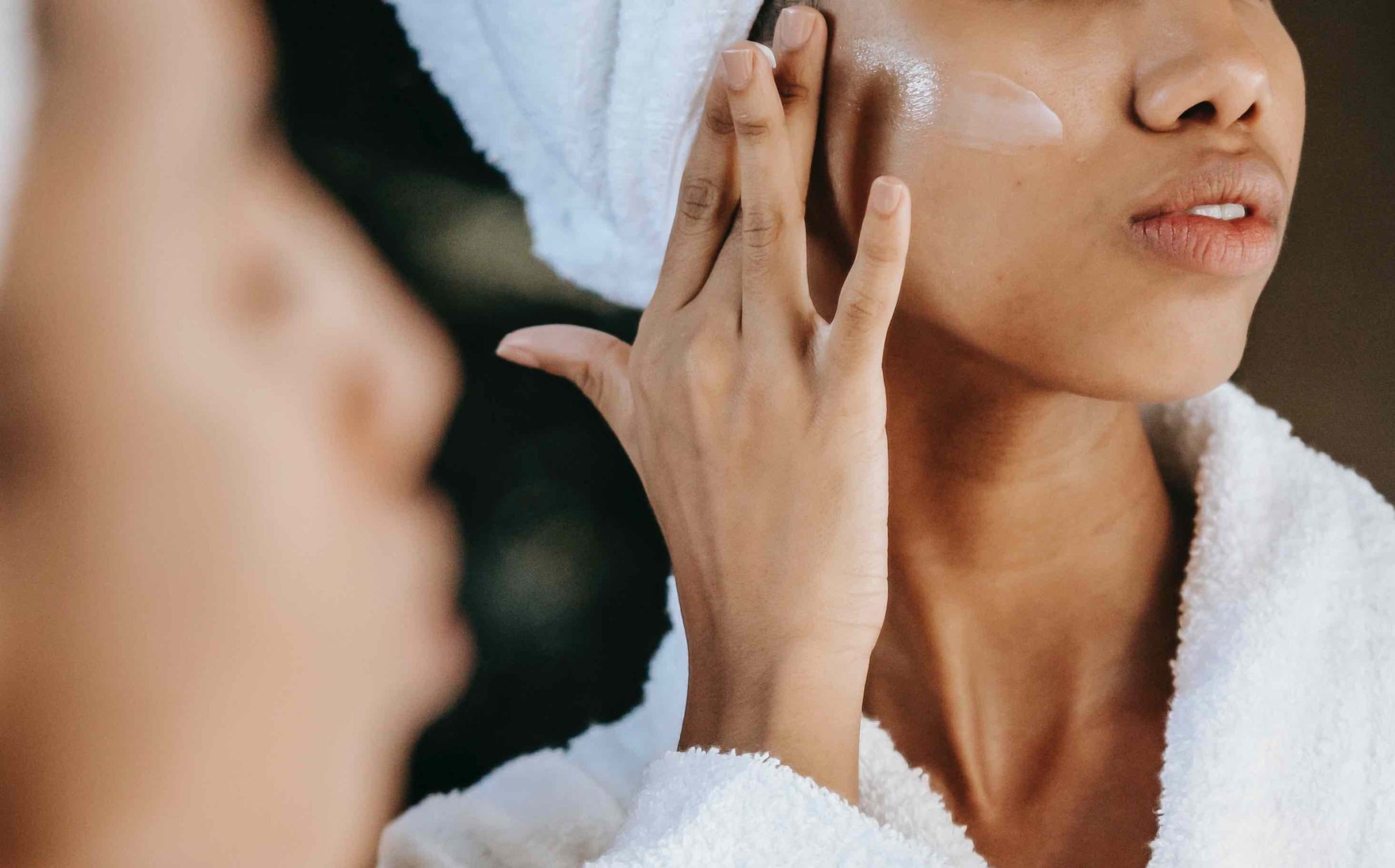Blitz News Digest
Stay updated with the latest trends and insights.
Sunscreen is Your Skin's Best Friend
Unlock radiant skin! Discover why sunscreen is your ultimate ally against aging and sun damage in our latest blog post.
The Science Behind Sunscreen: How It Protects Your Skin
Understanding sunscreen begins with recognizing the various types of ultraviolet (UV) rays that pose a threat to our skin. UVB rays are primarily responsible for causing sunburn, while UVA rays penetrate deeper, leading to skin aging and increasing the risk of skin cancer. Sunscreens work by employing two types of active ingredients: chemical filters that absorb UV radiation, and physical blockers that reflect it away from the skin. When applied effectively and generously, sunscreen creates a protective barrier that significantly reduces the harmful effects of these rays on our skin.
In addition to shielding against UV damage, sunscreens often contain antioxidants and moisturizing agents, which further enhance skin protection. Antioxidants help neutralize free radicals generated by UV exposure, while moisturizing ingredients can assist in maintaining the skin's natural barrier. For optimal protection, it is essential to choose a broad-spectrum sunscreen with a sufficient SPF rating and to reapply it every two hours, especially during prolonged outdoor activities. By taking these measures, you can effectively safeguard your skin from the damaging effects of the sun and keep it healthy and vibrant.

Top 5 Myths About Sunscreen Debunked
When it comes to protecting your skin from harmful UV rays, there are many myths about sunscreen that can lead to misinformation. One common myth is that sunscreen is only necessary on sunny days. In reality, up to 80% of UV rays can reach your skin on cloudy days, making it essential to apply sunscreen regularly, regardless of the weather. Another prevalent misconception is that a higher SPF provides significantly more protection. While a higher SPF does offer more defense against UVB rays, the difference in protection diminishes beyond SPF 30, and no sunscreen can guarantee complete protection.
Another myth that needs to be debunked is the belief that sunscreen is only needed for outdoor activities. Even indoor exposure to sunlight, especially near windows, can pose risks to your skin. It's important to incorporate sunscreen into your daily routine, whether you're heading out or staying in. Moreover, many people think that applying sunscreen once a day is sufficient. In reality, to maintain optimal protection, sunscreen should be reapplied every two hours and after swimming or sweating. Understanding these myths is crucial for effective sun protection and maintaining healthy skin.
Do You Really Need Sunscreen on Cloudy Days?
Many people believe that sunscreen is only necessary on sunny days when the sun is shining brightly. However, the reality is that up to 80% of ultraviolet (UV) rays can penetrate through clouds. This means that even on overcast days, you are still at risk of skin damage and the long-term effects of UV exposure, including premature aging and skin cancer. It's important to apply sunscreen daily, regardless of weather conditions, to protect your skin from harmful rays that can reach you even when it doesn't seem so.
Moreover, UV rays can also reflect off surfaces like water, sand, and concrete, increasing your exposure levels. This is why dermatologists recommend using a broad-spectrum sunscreen with an SPF of at least 30 every day. Remember to reapply every two hours, particularly if you are outside for extended periods. Protecting your skin should be a year-round commitment, not just a summer routine.